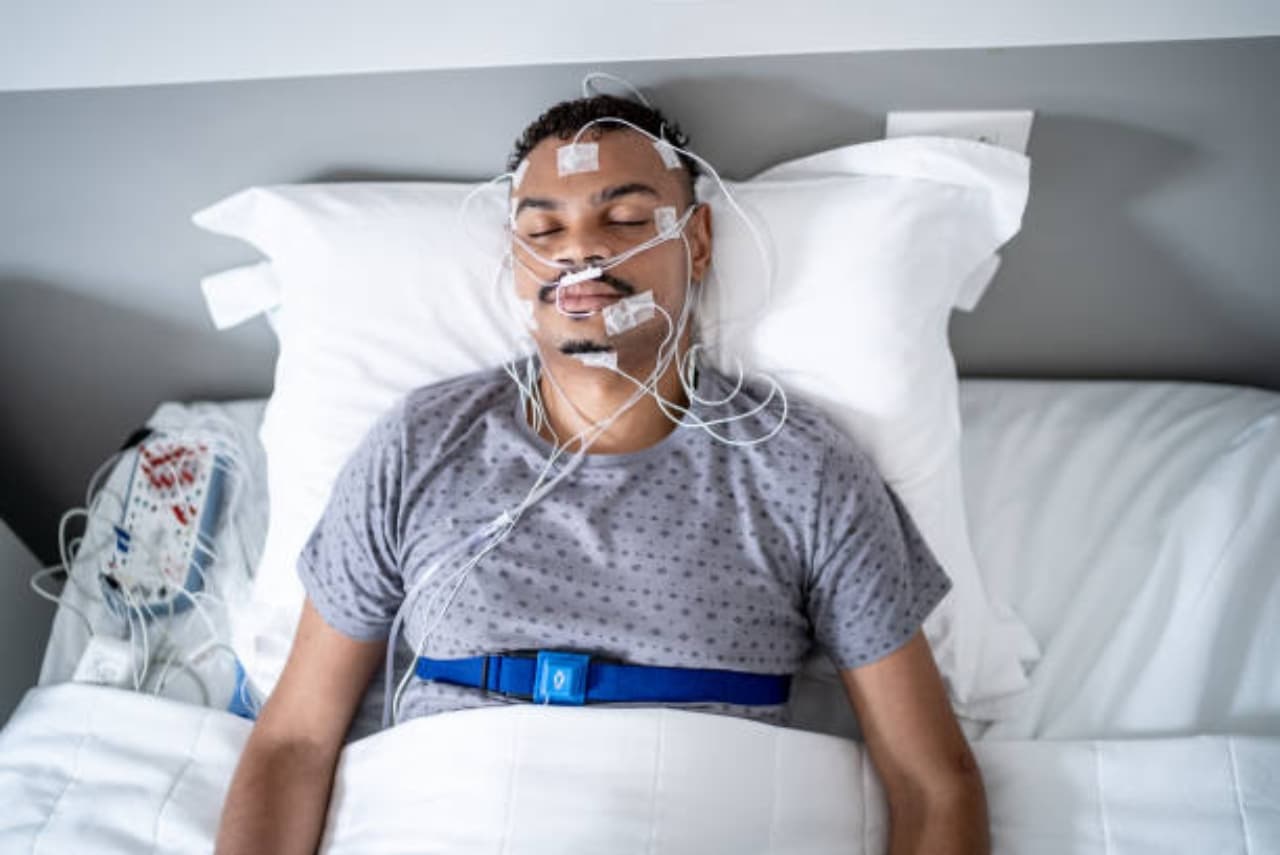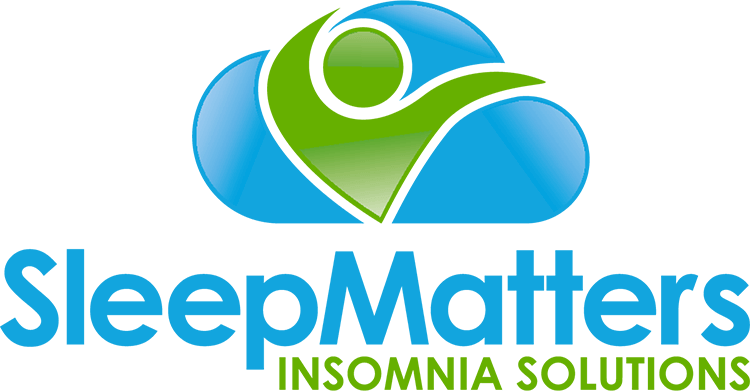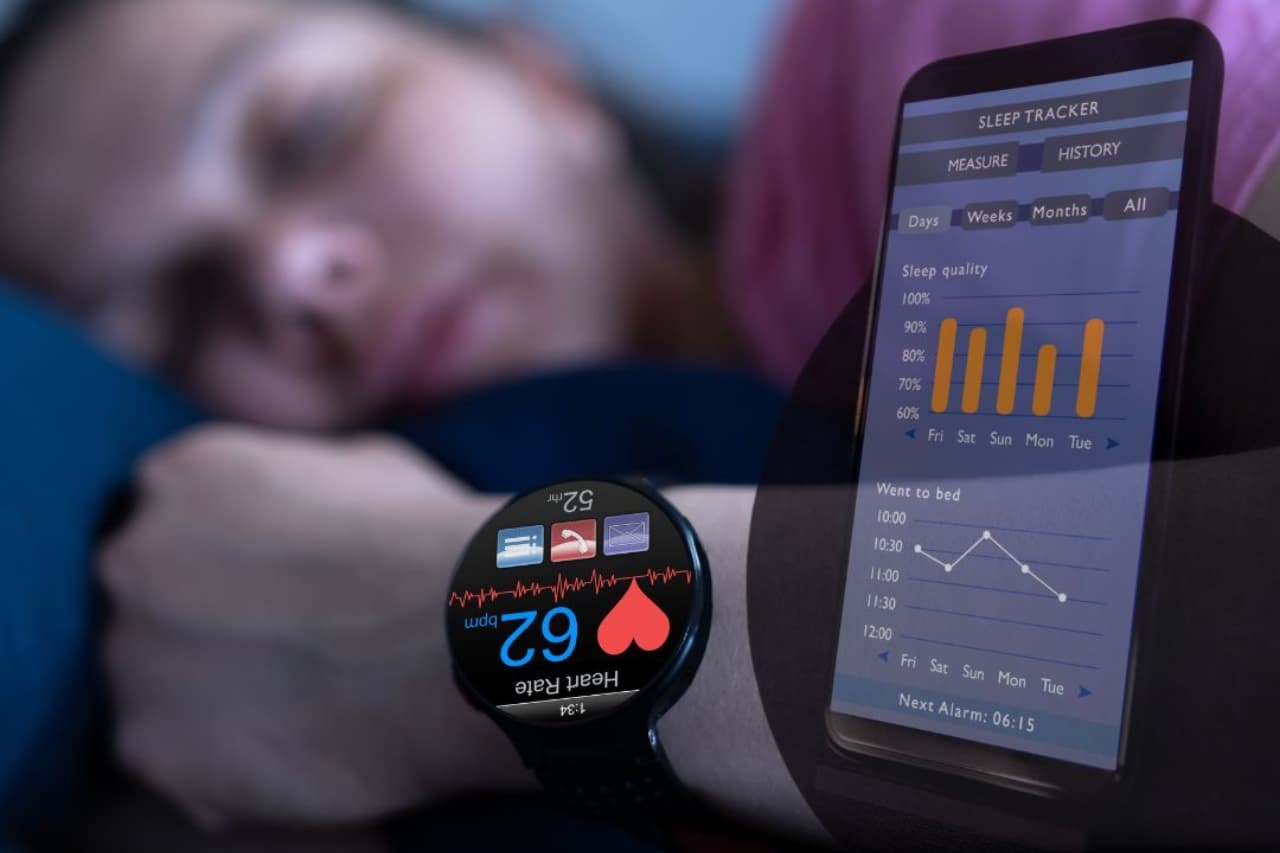In the fast-evolving landscape of sleep health, wearable devices have emerged as tools offering insights into our nightly rest. From sleek smartwatches, rings on our fingers, to discreet sensors nestled near our beds, these devices provide a glimpse into metrics like sleep-wake patterns, nocturnal movements, and even biostatistics such as heart rate and blood oxygen levels. While there are some great potential benefits of using wearable devices to track sleep, some caution is warranted to avoid potential pitfalls.
The accuracy quandry
One pressing question revolves around the accuracy of these sleep wearables. While some wearables offer a decent overview of sleep duration and consistency (i.e., whether sleep-wake timing is similar over time), none can boast a good match with the gold standard of sleep measurement, polysomnography (PSG). Typically, there’s a margin of error of about 10-25% around the estimated sleep duration. Moreover, discerning specific sleep stages—like distinguishing between light, deep, and rapid eye movement (REM) sleep—remains a challenge for almost all consumer grade wearables, with agreement levels varying widely across wearables and sleep stages.

While PSG is the gold standard for measuring sleep, many people find it doesn’t allow for a typical night of sleep because of it’s intrusive nature.
Advantages of sleep wearables over polysomnography (PSG)
While wearable sleep trackers don’t always match PSG in how they record sleep, they do have several advantages. They are far less intrusive, meaning that the user can obtain a much more typical and natural sleep experience. Further, wearables are designed to be worn in the home for consecutive nights and this data can give valuable insights about a person’s sleep patters over time (e.g., consistency of sleep-wake timing across the week, factors that may be associated with poor sleep, change in sleep pre and post treatment). Not to mention, they’re generally more cost-effective compared to PSG, which can be expensive.
Caution around sleep tracker use
While at Sleep Matters, we’re onboard with high quality objective assessment of sleep in some cases, we also need to bear in mind potential pitfalls. Overreliance on sleep tracking can backfire, exacerbating anxiety and stress surrounding sleep quality, particularly for people experiencing insomnia. A fixation on achieving the elusive perfect sleep, dubbed “orthosomnia,” can lead to detrimental effects on both sleep quality and overall well-being.
“orthosomnia can be viewed as the obsessive pursuit of ideal sleep”4
A Reality Check
It’s important to recognize that sleep trackers are tools, not magic solutions. Placing too much emphasis on their readings can lead to distress and even dictate daily decisions, detracting from one’s intuitive sense of well-being. Instead of being slaves to our sleep trackers, we should view their data as guides rather than absolute truths, acknowledging their limitations in capturing the nuances of our sleep patterns.
In the clinic we see people who report feeling distressed on waking if their sleep tracker has given them a low sleep score for the night. This can lead to individuals making important decisions about their day based on the sleep metric, for example, they may skip their gym session, withdraw socially, or take the day easy in other ways that detract from quality of life.
It’s important for us all to hold in mind that wearable device data provides estimations rather than absolute truths about sleep patterns. It’s best to see wearable data as a guide rather than a strict measure of success or failure, health or dysfunction.
Towards Healthy Sleep Habits
Ultimately, achieving healthy sleep doesn’t hinge on wearable devices. Billions of individuals attain healthy sleep without sleep trackers, relying on trust in their bodies’ ability to regulate sleep. Indeed, healthy sleep is, in part, founded in having a sense of trust that your body will provide you with the sleep you need if you let it5. Therapeutic interventions such as Cognitive Behavioral Therapy for Insomnia (CBT-I) are effective in helping people to understand how to let their body do this. CBT-I is effective in 70-80% of cases and you can read about Sleep Matter’s treatments here.
Moving Forward
As we navigate the evolving landscape of sleep wearables, let’s prioritise holistic well-being over data-driven perfectionism. If you’re grappling with sleep concerns, seek guidance from healthcare professionals who can offer tailored advice to support your unique needs. Embracing technology as a tool in our pursuit of better sleep can be great, but it’s important not to lose sight of the wisdom inherent in our bodies’ sleep rhythms.
References
- https://pubmed.ncbi.nlm.nih.gov/36016077/
- https://mhealth.jmir.org/2023/1/e50983
- https://www.sleepfoundation.org/orthosomnia
- https://www.ncbi.nlm.nih.gov/pmc/articles/PMC9875581/
- https://onlinelibrary.wiley.com/doi/full/10.1111/jsr.13502

